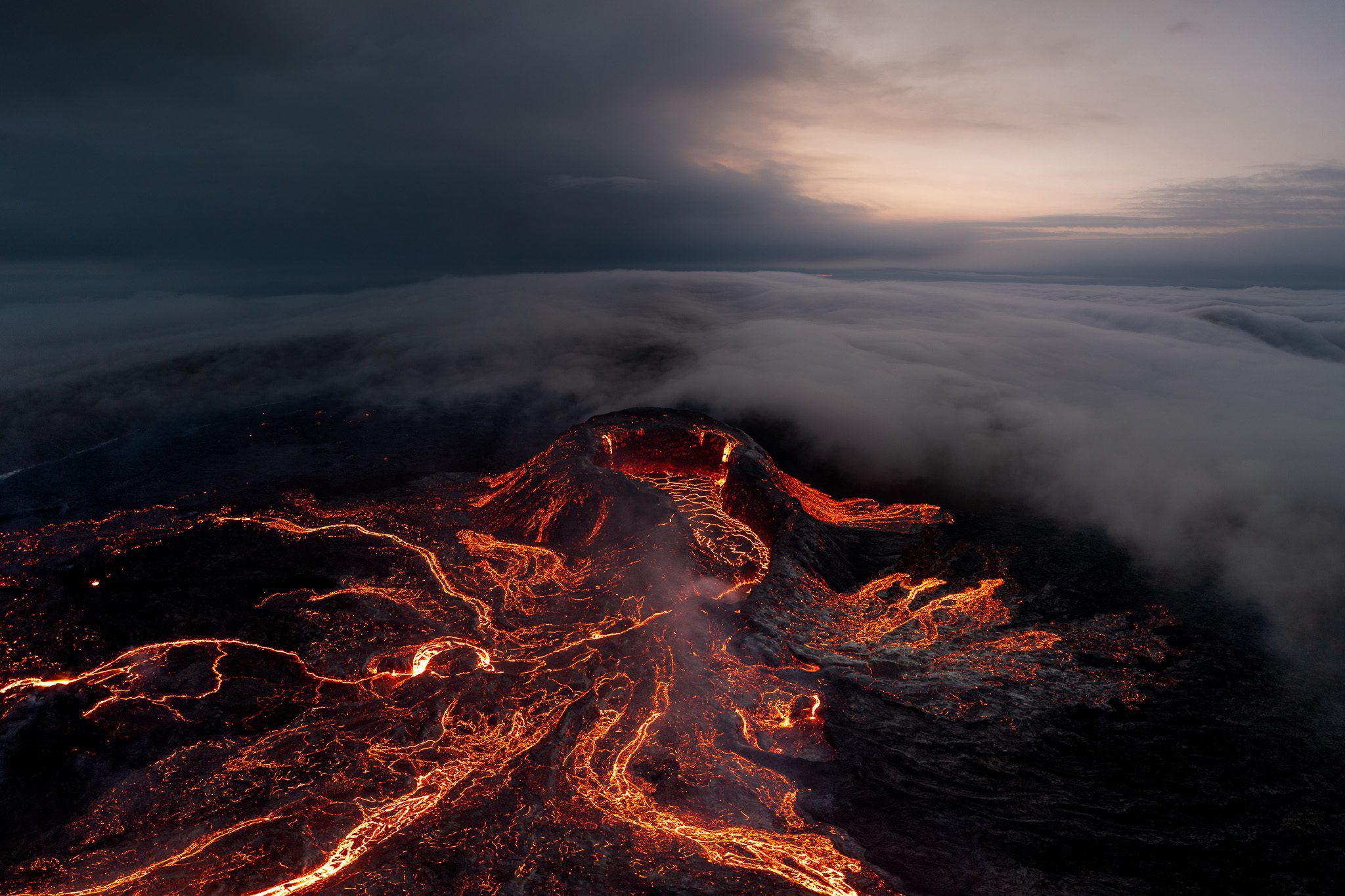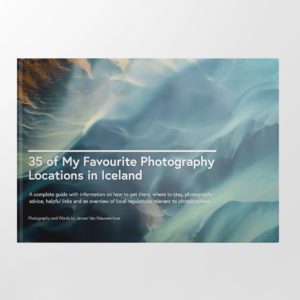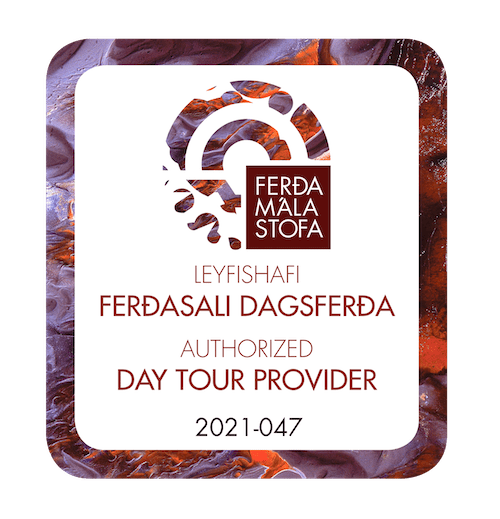This is a bit of a different take on my blog compared to what I usually write about but it’s something I really needed to ventilate to the world. I have been wanting to write about my frustrations with social media content aggregator accounts for a long time but never really got around to it. However, with the recent changes to the Instagram algorithm, as announced by Meta, I decided to finally delve into this hot topic. It has surprised me how few people are actually aware of how (some) content aggregators have turned, what used to be, a great practice into something inherently negative. Long gone are the days where ‘reposts’ have benefited creators. With this article, I hope to at least make a few of my creator-colleagues think about why reposting does more harm than good.
Because I want everyone to fully understand what I am talking about, I added a short explainer on certain terminology I used in the article:
- Algorithm: the method by which it is decided how, when and to whom content is shown on a social media platform.
- Engagement: the number of other social media accounts that interact with your content.
- Reach: the number of other social media accounts your content is shown to.
Note: this is entirely my own opinion. If you disagree and want to share that respectfully, I invite you to engage in a discussion in the comments below this blog post. Respectful discussions are a great way to better understand each other’s points of view.
What Are Content Aggregators?
Content aggregators are essentially social media profiles, often with an extremely large following, that gather & post content from other accounts. This practice is referred to as ‘reposting’. For example, on Instagram, such accounts will repost photographs & reels from (smaller) creators, while crediting them in the caption of the post. When reposting, the reposter re-uploads the original content to their profile, removing all trace of the original uploader. This shouldn’t be confused with, for example, sharing content on Facebook or retweeting a post on X. Those methods still show the original post of the original creator.
Several years ago, such accounts were primarily used to highlight smaller creators. The people behind these accounts even made it into an art to curate a very specific set of photographs and videos to cater to a specific niche. This could for example be an account specifically dedicated to photographs of Iceland. It meant that you, as a small creator, would get your work displayed to a niche audience that may be useful to you. Of course, this was in a time when people took the time to read the caption and discover the original creator behind a certain image or video. More importantly, it was before this well-intended idea was turned into something that can be abused.

Several content aggregators are using specific hashtags to gather content easily. Some creators may not be aware that certain content aggregator accounts use popular hashtags as a way for people to get ‘featured’ on their feeds.
Are Content Aggregators Still Beneficial To Creators?
The main question today is whether these content aggregators are still beneficial to you as a creator, and specifically to small creators. In my experience, I have found the benefit to be minimal and, in some cases, it had a downright negative effect. Let’s illustrate this with a few examples from my own experiences.
Last year, my content was “selected” to be reposted on a very large profile, with close to 20 million followers. You may think, just as I did, that this would be a great thing. The exposure you would get from being shown on such a profile could be invaluable. In reality, I didn’t notice any increase in following or reach on my own account. In fact, what did happen was that many other content aggregators, with less following than the original reposter, began reposting my content without any of them having asked for permission. As a result, this one video went around the world twice and only benefited the content aggregators. I did not gain any new following, nor did my social media reach increase. To this day, I find reposts of this video on a weekly basis and even on platforms I am not active on – all without benefit to the person who created it in the first place.
Another, more recent, example is when a large content aggregator reposted a viral video of mine on their profile without my prior consent. As soon as they reposted my video, the reach on my own viral reel plummeted. While they did ‘credit’ me in the caption, it did not benefit me at all. The effect of their repost became detrimental. While I did gain about 100 followers from that repost, the boost in followers from my original post was vastly larger. Their repost tanked my reach and engagement, leaving me with scraps. At the same time, they grew hundreds of followers daily, in part due to my content.
While I can only comment on niches I am familiar with, it has caught my attention that a destination such as Iceland has become an easy target for content aggregators to quickly and efficiently grow their accounts. This is in a large part due to the large amounts of content being produced surrounding this topic.
In more extreme cases, I have had to issue multiple copyright strikes, and even threaten with a lawsuit, in order for such accounts to stop abusing my content. In one instance, I was blocked by the content aggregator account while they kept on reposting my content regardless.
As more and more people are being more vigilant about (unauthorised) reposting, some content aggregators have also been trying out new approaches. A good example are collaboration posts on Instagram. Such collaboration posts essentially allow you to mark another profile as a collaborator, making the posts visible to the audience of both accounts. Unfortunately, this has little to no benefit to the original creator. In most cases I have experimented with, I saw little to no increase in reach or following while the aggregator gained a lot from it. I suspect the primary reason is that the aggregator has a much larger following and benefits more. Besides, why would anyone follow your unique content, if it’s still visible on an aggregator’s profile?
Finally, there’s another factor that really plays into me taking a harsher stance on content aggregators: licensing. One of the ways I earn money as a photographer is by licensing my content to other companies, and even large productions. By sitting by and allowing people to take my footage freely, without consequences, I damage my own business.
For all of the reasons above (& more), I stopped allowing other accounts to repost my work without permission two years ago. I have found it to be detrimental to my own social media presence and even my business. But even after I stopped allowing reposting of content, I still get confronted with it on a regular basis in which case it becomes copyright theft.
This reel has been reposted by numerous large content aggregators after they noticed they went semi-viral on Instagram. The reach on my original post plummeted as a direct result.
This particular reel has begun leading its own life on other platforms, such as TikTok & Reddit, after content aggregators began using it without my consent.
Looking Behind the Curtain Of (Some) Content Aggregators
But there is more… In recent years, I have found that many of these content aggregator accounts are run by very profitable businesses. It’s almost an open secret, which many creators out there do not seem to be aware of. None of these businesses are actually obligated to disclose they are running such social media accounts, which makes it hard for creators to know who is behind them. In contrast, while influencers are obligated in many countries to disclose when they are being paid to promote certain services, there is no obligation, of which I am aware, that forces companies to disclose they are behind certain social media accounts.
So how are content aggregators turning reposts into money? What is their business model? In most cases, it’s pretty obvious. They repost content and add their own advertising to the captions, or even as images in the carousel or video clips in a reel. Some others use stories to promote certain services, such as activities & tours, or give away discount codes. On occasion, other companies will sponsor such pages to promote their products, ranging from actual items to accommodation, activities, tours, and more. Because the content aggregator has essentially built a massive advertising platform, they can earn quite a profit.
Capturing moments such as this one takes a lot of time, effort and resources on my part. Why should I let anyone else benefit from that work without being compensated fairly?
One example I encountered that stuck with me was a local Icelandic travel company that kept taking my (& other people’s) content to promote their own tours and activities. They didn’t just do that on Instagram, but also on Facebook and even their website. They used the work they grabbed from social media and pretended they were giving you ‘exposure’, just so they could sell tours and activities in Iceland. They built a business model on the backs of hard-working photographers and videographers without compensating them at all – all for their own financial gain. To me, this is criminal behaviour and simple copyright theft. However, for some odd reason, people have grown to accept this as an unchangeable reality.
The question you should ask yourself is this: “Who is gaining most from this practice?”. Are you gaining something that is a real advantage to your social media presence & even your business? Or is it simply the content aggregator who makes millions using your (& others) free content? Is the exchange of services equal? Is their ‘exposure’ truly that valuable or is your work worth more? It’s certainly food for thought. In my own experience, I have found that as soon as I began protecting & valuing my work more, my business & I began benefiting from my social media again. The age-old saying “Don’t let anyone else determine your value.” definitely has merit to it.
What Have Social Media Platforms Done To Help Creators?
Until recently, there wasn’t much indication that any social media platform has been taking this problem seriously. However, when Meta announced a significant change to how the Instagram algorithm works, it got me really excited. In this change, Instagram is tackling content aggregators for the benefit of the original creator. Content aggregators will be flagged if they have been blatantly reposting content from creators, and the algorithm will even replace reposted content in favour of the original content. That means that the original poster will actually get more exposure. Additionally, smaller creators should get a bigger piece of the reach-pie compared to large & established profiles. While these changes definitely sound massive & positive, I am sceptical as to how this will play out. It’s likely to be interpreted as an attack on the business model of content aggregators which means they will have to adapt or disappear. Time will definitely tell if this helps deal with the problems I & many others have been facing.
But what more can be done? As it turns out: a lot! One thing I have found is that filing copyright claims against unwanted reposts has been exceptionally tedious. Why do I need to keep filling out the same information again and again? Each time I fill out a copyright claim I have to enter my address, email address, phone number & more without any of the fields supporting autofill. Why can’t I copyright strike directly from the offending post without having to gather links and copy/paste them into a form? It all seems made in a way to discourage people from protecting their content. Another improvement would be if social media platforms adopted a similar copyright detection system as YouTube has been using for years? It shouldn’t be up to the creator to go and look through endless amounts of posts to find violations when it can be automated.
As you can tell, there is definitely room for improvement if social media platforms want to better protect those who make the platform into what it is: creators.
The recently announced changes to the way the Instagram algorithm functions may herald the end of abusive content aggregator accounts on the platform.
How Can You Handle Content Aggregators?
As a creator, there are many ways to go about dealing with content aggregation. First of all, you could tell every content aggregator that has reposted your content to stop doing that, or to specifically ask you before each repost. If you want content to be taken down, you could send them a direct message and ask. But, while that may work for some aggregators, I have found said approach is very time consuming and often falls onto deaf ears.
If you are in a position like mine, and are done with sending endless messages & being ghosted by people who abuse your content, you can do a few things yourself. Applying some of the ‘tricks’ below makes unwanted reposting disappear like snow to the sun.
- Block the content aggregator profiles so they can not see your content anymore. If they can’t see the content, they are also much less likely to take your content to be reposted.
- Report every unauthorised repost as a violation of your copyright to the social media platform involved. Copyright claims can be done with every major platform, such as Instagram, Facebook, TikTok, X and Threads.
But also as a social media user you can do a few things to support creators:
- Think twice before you share, like or comment. How does the original creator benefit most? It will always be by liking, sharing and commenting their original content rather than the content aggregator’s repost.
- Stop following content aggregators as they benefit from your attention. By following such accounts, you become part of the problem.
Conclusion
The primary reason I wrote this blog is to raise awareness on how important it is as a creator to protect your content, and protect the hard work you put into creating it. Your content is a work product you should be fairly compensated for. Is the age of content aggregators over? No, probably not yet. But, at last, strides are being made in the right direction. The fact a prominent social media platform such as Instagram has taken steps to begin protecting creators from the large-scale copyright problems, makes me hopeful for the future on the platform.
Support Jeroen’s Work
As an independent photographer, Jeroen partially relies on your support to keep producing worthwhile content such as blogs, photographs, books and much more. If you want to support his work, it is possible to do so by buying his e-books & books or prints.
You can also sign up to the newsletter to stay up to date on new blog posts, projects, workshops and other interesting information.
Thank you for considering!



















Excellent piece Jeroen . Social media is a wonderful tool for connecting with people around the world and especially in the photography community with artists who appreciate others work. However, as you have pointed out content creators are abusing the system and making it hard for small and large creators to compete . I like what Meta has announced… the question is will it work …we shall see ! Thanks for thoughts !
Well said Jeroen, this is surely a growing problem. I also heard that there are hotels/B&Bs/guesthouses giving Away “free” accomodation to people in exchange of their photos/drone material……….
I try to be mindful of this and also to remove any content aggregrators accounts, sometimes its hard to distinguise them…….